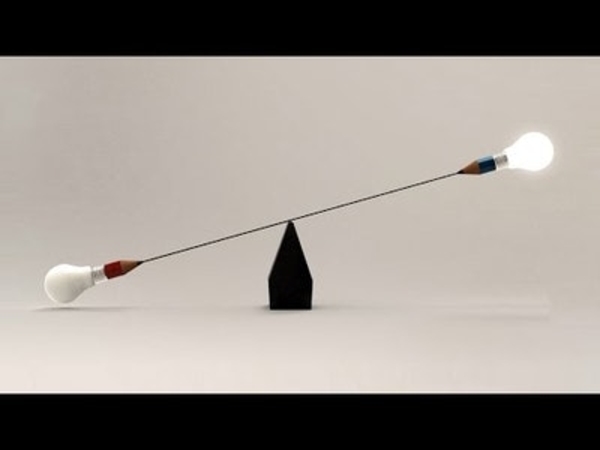Price:
5558 EUR
Contact
University Of Auckland
Description
##
We are constantly being given reasons to do and believe things: to believe that we should buy a product, support a cause, accept a job, judge someone innocent or guilty, that fairness requires us to do some household chore, and so on. Assessing the reasons we are given to do or believe these things calls upon us to think critically and logically.
Improve your logical and critical thinking skills
Even though we’re called upon to use our critical and logical thinking skills all the time, most of us are not that good at it. This free online course aims to help you develop and improve these skills.
You’ll learn how to:
identify and avoid common thinking mistakes that lead to the formation of bad beliefs;
recognise, reconstruct and evaluate arguments;
use basic logical tools to analyse arguments;
and apply those tools in areas including science, moral theories and law.
Associate Professor Tim Dare and Dr Patrick Girard from the University of Auckland take us on an informative and engaging eight week journey through the worlds of logical and critical thinking helping us to avoid these common obstacles and fallacies and improve our logical and critical thinking skills.
Throughout the course, Tim and Patrick provide videos, articles, and assignments to lead us through the thickets of logical and critical thinking.
We will spend the first half of the course exploring key concepts in logical and critical thinking. In the second half of the course, we will apply those concepts in familiar areas, to help you develop practical and useful logical and critical thinking skills.
We begin, in the first week, with an introduction to logical and critical thinking and common obstacles and fallacies.
In week two Patrick introduces arguments. We learn to identify premises and conclusions – components of a good argument – and by the end of this week we’ll be able to construct an argument in standard form.
In week three we will learn how to distinguish between deductive and non-deductive arguments and about validity, invalidity, strength and weakness.
In week four we examine good and bad arguments in more detail, learning how to tell when an argument is sound or cogent, and how to evaluate an argument.
Weeks five to seven examine three familiar areas – science, law, and morality – that call upon our logical and critical thinking skills in ways appropriate to the particular demands of those areas.
Finally in week eight we will apply the lessons of the course to an argument “in the wild”, seeing how the skills we have developed over our eight-week journey can be used in our own lives.
By the end of the course, you will have acquired the basic skills to assess arguments logically and critically, and so to be in a better situation to own the reasons for your beliefs.
You can find out more in Patrick’s post for the FutureLearn blog: “What can the New Zealand flag teach us about logical and critical thinking?”
This course is open to anyone with an interest in improving their logical and critical thinking skills. No previous knowledge or experience is required.
Specific details
Category of Education
Psychology







 How to resolve AdBlock issue?
How to resolve AdBlock issue? 


Comments (0)